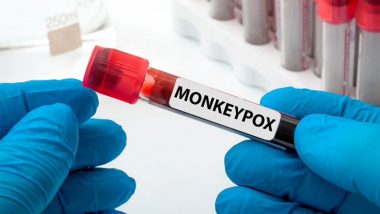The World Health Organization (WHO) has declared the Mpox outbreaks in Congo and other African nations a global emergency, marking a critical juncture in the fight against this rapidly spreading virus. The Africa Centers for Disease Control and Prevention (Africa CDC) recently echoed this dire warning, emphasizing the urgent need for international assistance as the virus wreaks havoc across the continent.
Mpox, formerly known as monkeypox, has surged at an alarming rate this year, with the Africa CDC reporting over 14,000 cases and 524 deaths. The outbreak is particularly devastating in Congo, where over 96% of cases and fatalities have been recorded. The continent is facing an unprecedented health crisis, as the number of infections has soared by 160%, and deaths have increased by 19% compared to the same period last year.
“This is something that should concern us all … The potential for further spread beyond Africa and beyond is very worrying,” stated WHO Director-General Tedros Adhanom Ghebreyesus. His words underscore the global implications of this crisis, as the virus has been confirmed in over a dozen countries, including children and adults, with a new strain of the virus now emerging.
The Mpox emergency committee chair, Dimi Organa, revealed that the virus has been detected in Uganda, Rwanda, Burundi, and Kenya—countries where Mpox had not been recorded in previous outbreaks. This geographic spread indicates the virus’s increasing reach and the urgent need for a coordinated response.
The Africa CDC’s declaration of Mpox as a public health emergency is a call to action for the global community. The situation is exacerbated by the severe shortage of vaccines on the continent, with only a small number of doses available. The limited vaccine supply is a major obstacle in containing the virus, putting millions of lives at risk.
During the global 2022 Mpox outbreak, which affected over 70 countries, fewer than 1% of those infected died. However, the current outbreak in Africa is far more lethal, with a mortality rate that has claimed over 500 lives so far. The disparity in outcomes between the global and African outbreaks highlights the urgent need for equitable access to vaccines and healthcare resources.





